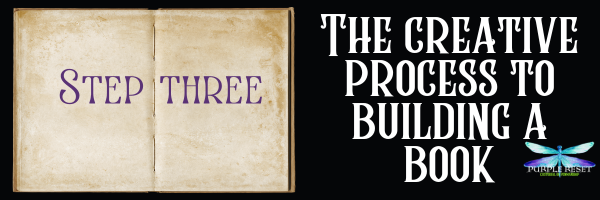Your cart is currently empty!
Measuring Progress: The Creative Process Behind [Name TBD] – Part 3

The Power of Progress: Why Measuring Your progress Matters
Setting goals is an exciting step toward personal growth, but how do you know if you’re actually getting closer to achieving them? That’s where measuring your progress comes in. Tracking progress not only keeps you accountable but also motivates you to stay on course, adjust when necessary, and celebrate your wins—big and small.
In this blog, I’ll share why measuring progress is crucial, examples of how to do it effectively, and a glimpse into my own goal measurements.

Why Measuring Progress Matters
- Clarity and Focus:
Measuring progress gives you a clear picture of where you are in relation to your goals. Without it, it’s easy to feel lost or overwhelmed. - Accountability:
Tracking progress helps you stay committed to your goals by providing tangible proof of your efforts. - Motivation:
Progress—even small wins—fuels motivation. Seeing measurable improvement reminds you that your hard work is paying off. - Opportunity to Adjust:
When you measure progress, you can identify what’s working and what’s not, allowing you to refine your approach.
How to Measure Your Progress
There’s no one-size-fits-all method for tracking progress. Your approach will depend on your goals and how you define success. Here are some examples for different areas of life:
Fitness Goals
- Measurements: Track inches lost in key areas of your body (waist, hips, arms, thighs).
- Performance Metrics: Record how many push-ups you can do or how long you can hold a plank, then aim to improve weekly.
- Consistency Tracking: Log workouts or steps taken each day to ensure you’re staying active.
Learning Goals
- Course Completion: Track progress through lessons, modules, or assignments.
- Knowledge Tests: Take quizzes or assessments to evaluate how much you’ve learned.
- Time Spent: Record the hours spent studying each week.
Business Goals
- Revenue or Client Growth: Track monthly income or the number of new clients you gain.
- Task Completion: Use a task list to measure how many actionable steps you’ve completed toward a larger project.
- Engagement Metrics: Monitor social media followers, website traffic, or newsletter sign-ups.
Creative Goals
- Output: Count how many pages you’ve written, paintings you’ve completed, or songs you’ve composed.
- Feedback: Collect reviews or comments to measure improvement over time.
My Own Progress Measurements
As part of my fitness and well-being goals for 2025, I’ve created specific ways to measure my progress:
- Weight & Fitness Progress:
- Inches Lost: I’ll measure my waist, hips, arms, and thighs monthly to track changes in body composition.
- Flexibility: My aim is to touch my toes (something I haven’t done since I was 19!) and kick to head height in karate. I’ll record how far I can stretch weekly.
- Strength: Using Wii Fit, I’ll track improvements in strength training metrics like balance and repetitions, alongside adding resistance exercises.
- Learning Progress:
- I’ve allocated 7 hours weekly to learning and will track my progress through course modules. For instance, by March, I aim to complete diplomas in Life & Mindfulness Coaching, Understanding Autism, Understanding ADHD, and Child Psychology. I’ll record lessons completed and hours studied.
- Business Goals:
- I’ll measure growth in my journaling business by tracking journal sales, workshop attendance, and feedback from users.
Celebrating Progress
Measuring progress isn’t just about identifying gaps—it’s about celebrating how far you’ve come. Whether it’s fitting into a smaller size, finishing a challenging course, or finally touching your toes, each milestone is proof of your dedication and effort.
Final Thoughts
Tracking progress transforms your goals from abstract ideas into actionable, achievable milestones. By breaking your goals down, measuring your steps, and adjusting as needed, you build confidence and momentum to keep moving forward.
So, grab a notebook, a spreadsheet, or even your Valiant Journal, and start recording your journey. Remember, every step counts—and progress, no matter how small, is worth celebrating.
How will you measure your goals this year? Let me know in the comments—I’d love to hear your ideas!
Ready to start your journaling journey? Explore my collection of thoughtfully designed journals to help you make the most of your practice. Whether you’re a beginner or a seasoned journaler, there’s a perfect journal waiting for you. Let’s write your way to clarity, calm, and growth! You can read here why I decided to create this collection
